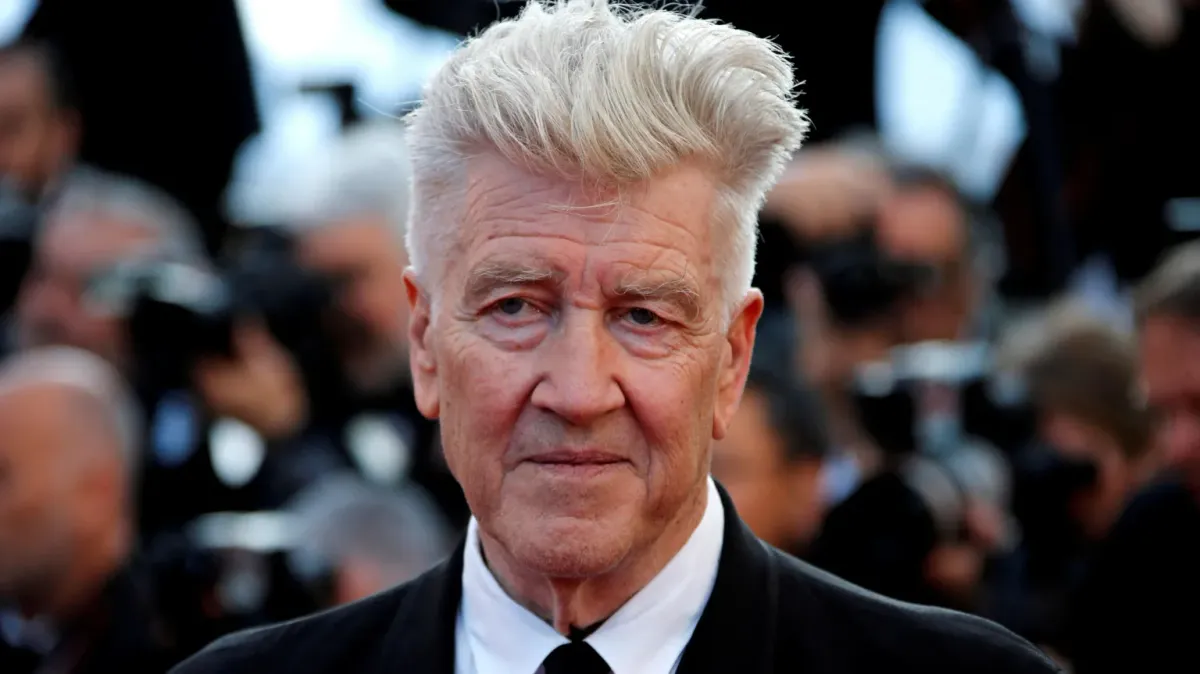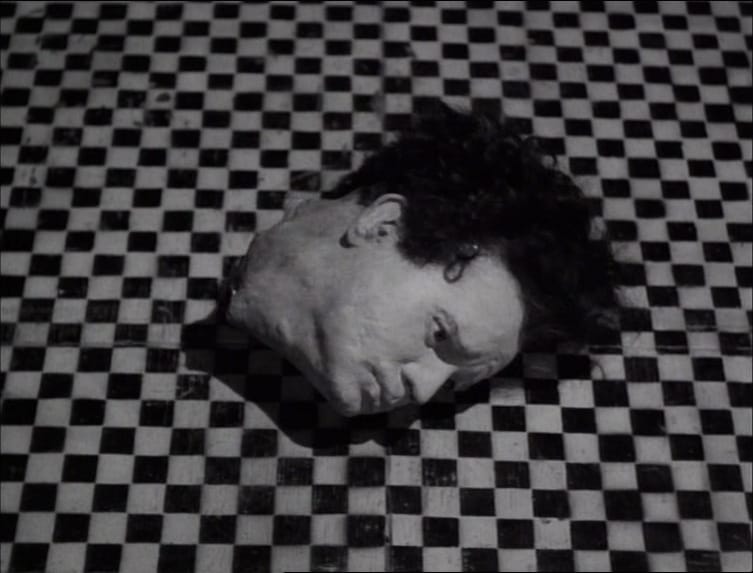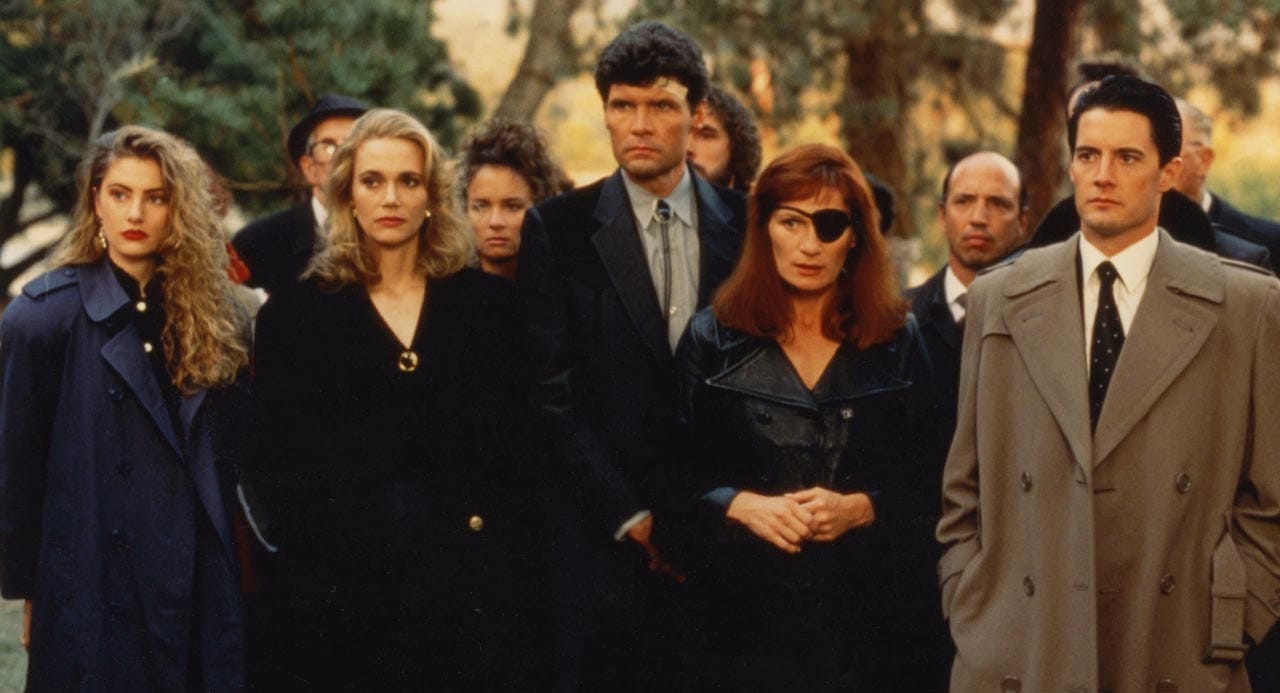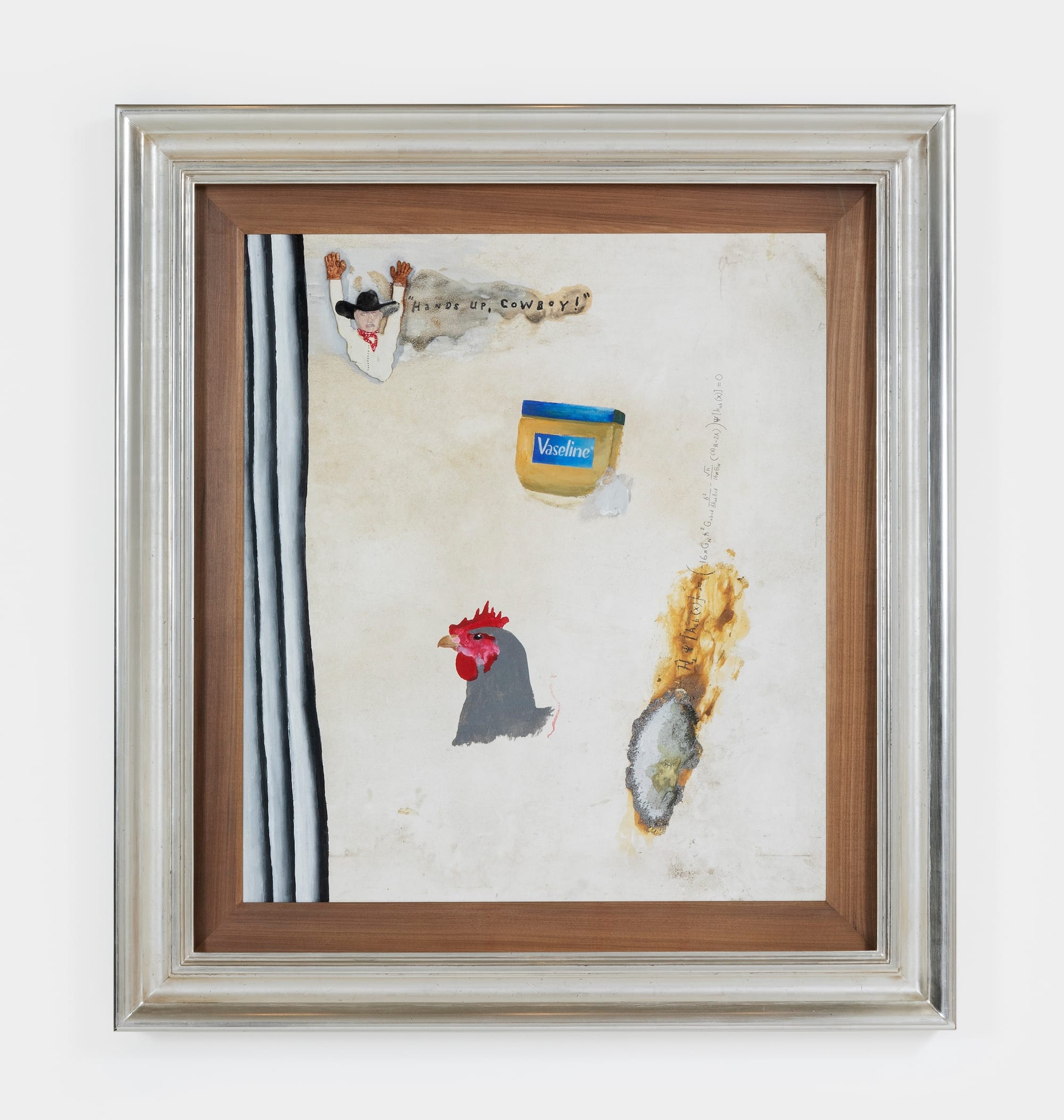
David Lynch, the visionary and inimitable award-winning filmmaker, passed away at the age of 78 after a protracted battle with emphysema. Born David Keith Lynch on January 20, 1946 to Donald Walton Lynch, a research scientist for the USDA, and Edwina Lynch, an English language tutor, David spent his early childhood moving around the United States based on the assignments that his father received. Despite the migratory nature of his early childhood, Lynch developed an early fascination with the world around him, observing the gritty and unpleasant truths that hid beneath beautiful surfaces.
Lynch nurtured an interest in painting as a high school student and enrolled at art colleges in Washington and Boston before leaving to tour Europe with the hopes to continue his studies there. Upon his return to the United States in 1965, he enrolled at the Pennsylvania Academy of the Fine Arts where he made his first short film, Six Men Getting Sick, in 1967. The film garnered the attention of one of his wealthy classmates, H. Barton Wasserman, who commissioned a short film from him; the result was the four-minute short The Alphabet.
In 1970, Lynch and his wife Peggy moved to Los Angeles, where he began studying filmmaking at the AFI Conservatory. His first feature-length film, the cult classic Eraserhead, was shot over the course of several years, until its final release in 1976. The unsettling, surreal atmosphere that permeated this film would become a defining trait of Lynch's cinema.

This debut feature brought Lynch to the attention of legendary comedian Mel Brooks, who hired him to direct The Elephant Man (1980), a biographical drama about Joseph Merrick; the film was a critical and commercial success, which garnered eight Academy Awards. After reportedly refusing an offer to direct The Return of the Jedi, Lynch chose to direct the adaptation of Frank Herbert's sci-fi epic Dune, but afterwards he refused to acknowledged the film as his work because of studio interference after its commercial failure.
Viewing Dune as more of a studio production, Lynch turned to shooting a personal project, the odd and sinister neo-noir Blue Velvet (1986), starring Kyle MacLachlan, Laura Dern and Dennis Hopper. The film received critical acclaim upon its release and earned Lynch an Academy Award nomination for Best Director. It is widely considered a masterpiece and is regularly cited as one of the greatest films of the 1980s.

In 1990 Lynch focused his creative energies on television with the landmark series Twin Peaks, which follows FBI Special Agent Dale Cooper's (Kyle MacLachlan) encounters with supernatural entities as he investigates the murder of high school prom queen Laura Palmer. The series achieved high ratings and has since become Lynch's most recognizable work.
During his work on Twin Peaks, Lynch shot a cinematic adaptation of Barry Gifford's 1990 novel Wild at Heart, starring Nicolas Cage and Laura Dern, which was awarded the Palme d’Or at Cannes Film Festival. In 2001 Lynch made his late masterpiece Mulholland Drive, a film in which he shifted his attention away from small-town America to the gritty underbelly of Hollywood, tracking the career of aspiring actress Betty Elms (Naomi Watts). The film ranked in the top ten of the greatest films ever made in the closely-watched Sight & Sound poll of 2022. It is one of only two films made in the 21st century to receive that honor.

The uncanny, harsh and disconcerted noir atmosphere which permeated his films became a hallmark of his other artistic endeavors as well, finding an expressive venue in the unusual proportions and muted colors of his paintings and sculptures. Lynch's numerous talents also found expression in other fields, such as music and transcendental meditation. In 2022 the mega-gallery Pace announced the worldwide representation of Lynch.
David Lynch was the subject of major solo exhibitions at Fondation Cartier in Paris, Bonnefantenmuseum in Maastricht, Garage Center for Contemporary Culture in Moscow and many other institutions. His art is held in major collections such as the Museum of Modern Art in New York, Los Angeles County Museum of Art, Fondation Louis Vuitton in Paris and many others.
Lynch's passing is being mourned by passionate cinephiles around the world. In some ways, his death marks the end of an era in cinema, as well as in television. Like the slightly unnerving bird perched on the windowsill at the end of Blue Velvet, gripping a beetle in its beak, Lynch's strange world will sing to many generations to come.
